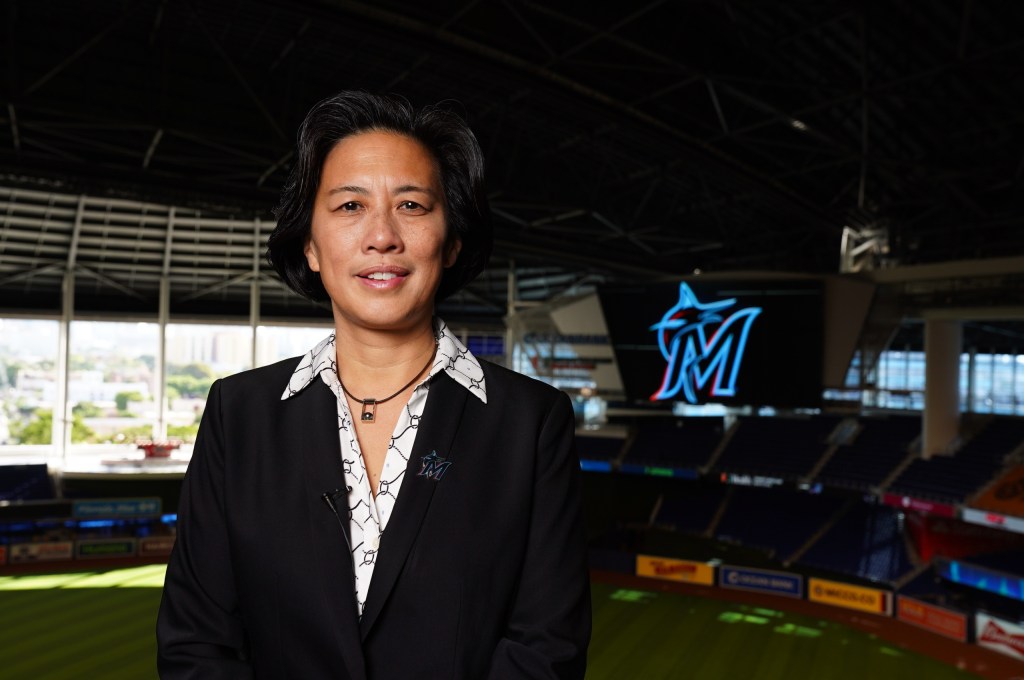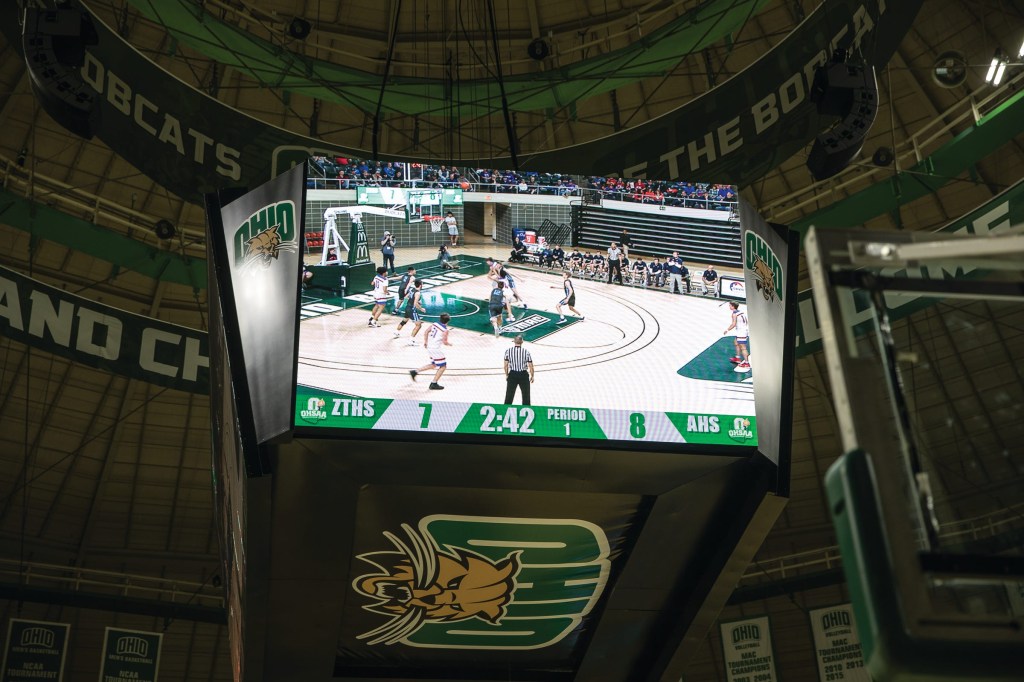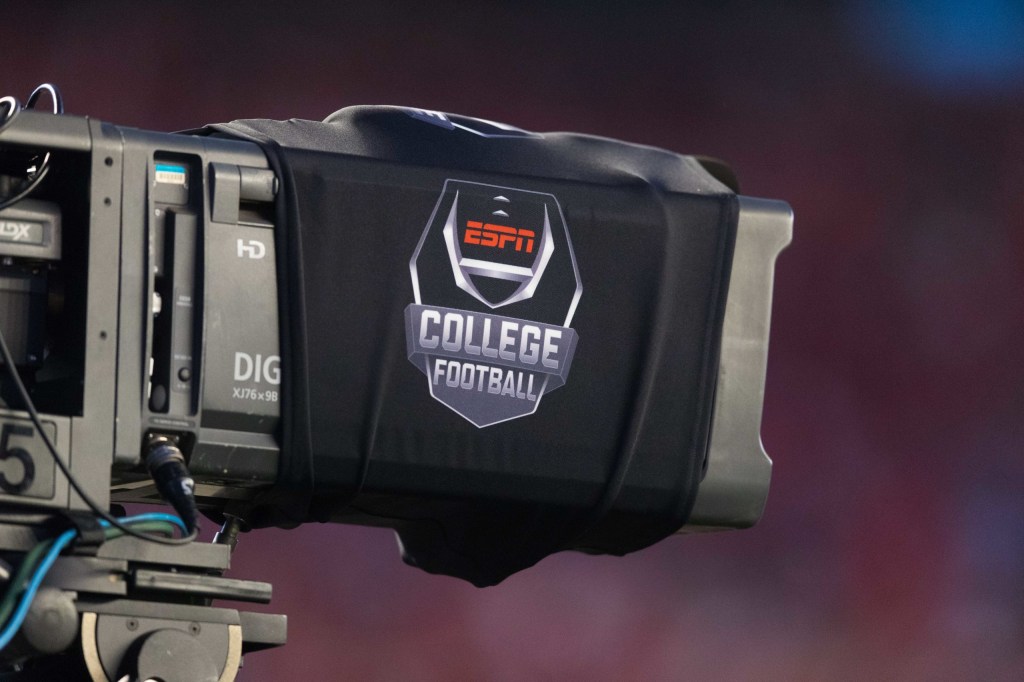By: D.J. Podgorny, @DJPodgorny
It was my senior year in college and I was riding high. When I arrived on campus, three years earlier, I was on a mission. Like most of you, I was a goal-oriented, ambitious, type-A student who had refused to accept anything less than perfection.
And up to then, this mentality had served me well. I had accomplished almost everything I set out to, received accolades for my performance inside and outside of the classroom and was on track to land any job that I wanted.
Or so I thought.
— — — — — — — — — — — — -
Growing up, football shaped my life. Hailing from the Midwest, I watched Peyton Manning thread the needle to Hall of Famer Marvin Harrison and Reggie Wayne every Sunday. I truly fell in love when I attended my first ever NFL game: the 2003 AFC Wildcard match-up that pitted the Colts against Jake “the Snake” Plummer and the Denver Broncos.
I knew I would be a fan forever the moment Harrison, surrounded by three or four Broncos’ defenders, realized he was untouched and, thus, not down by contact. He waited, stood up, sprinted to the end zone directly in front of my dad and me, and scored. The stadium erupted.
I was hooked.
Ever since, I have been doing everything I possibly could to get closer to the game, including watching, playing, coaching and writing about it. When my playing days were over, I volunteered as a manager for my University’s team. When I graduated, I began coaching a local high school team. For the last 13 years, there hasn’t been a single weekend that I have not been on the gridiron in some sort of capacity.
So, naturally, when it came time to apply for my first job after college, a career in the NFL was a no-brainer. I had heard the, “do what you love and you will never work a day in your life” mantra repeatedly and each time it drew me closer to football. On top of that, I had a resume that I felt was among the best my campus had to offer. I had to be a shoe-in — right?

I got to work sending out applications. The NFL Junior Rotational Program, the Indianapolis Colts, the Chicago Bears, the University of Illinois Football Department. They all received my resume and painstakingly detailed cover letters.
Then I waited. And waited.
Finally, months later, I got the emails. They all had their nuances, yet communicated the same message: “We had a large volume of applicants and only a few spots open. Sorry!”.
I was devastated. I thought I had done everything in my power to get my dream job and still fell short. Heck, I couldn’t even land a single interview!
I spent the remainder of the fall of my senior year finding my first full-time gig with a sour taste in my mouth from the cold rejection. Luckily, I found an awesome role at a great company and placed a career in sports on the back-burner for the time being.
— — — — — — — — — — — — -
Fast forward to now, a year into my first role. While I enjoy the industry I am in, football continues to beckon. For those of us that have a deep desire to work in the sports industry, it is almost impossible to be satisfied outside of it. As my passion began to resurface, I forced myself to revisit the (painful) failures I had prior.
In this process, I began to challenge all of the assumptions I had held so strongly. I started to realize that it was obvious why I came up short. I had a mindset similar to Dr. Randy Pausch, author of The Last Lecture, when he first applied to work at Disney:
“I graduated with my Ph.D from Carnegie Mellon, thinking that meant me infinitely qualified to do anything. And I dashed off my letters of applications to Walt Disney Imagineering, and they sent me some of the damned nicest go-to-hell letters I have ever gotten.”
But his (and my) arrogance have a silver lining, if viewed properly. He elaborates:
“So that was a bit of a setback. But remember, the brick walls are there for a reason. The brick walls are not there to keep us out. The brick walls are there to give us a chance to show how badly we want something. Because the brick walls are there to stop the people who don’t want it badly enough. They’re there to stop the other people.”
If you firmly believe you are not one of the “others,” there is so much to be learned from rejection. Rejection can humble you, motivate you, refresh you and point you in an entirely new direction. Perhaps even the one you needed to go all along.
This is how I began to view my initial dismals from my dream job and it started to pay off. Previously, I thought I knew it all. Now, it was easy to see that I wasn’t even close (I cannot understate this).
So, I got back on the grind. I found new ways to network. I widened my perspective. I devoured books. I worked smarter and harder.
And I made progress. More doors than ever are now open in the sports world. But rejection doesn’t go away, it just adapts. Before, it meant emails encouraging me to “apply to future openings”. Now, it looks like an unreturned email or LinkedIn request or, worse yet, someone telling me my dream will never come true.
It still stings. My self-esteem takes a hit with each failed attempt, but I am working to bounce back quicker than ever. I know my intent is strong and that I want it bad enough. I know each of these setbacks is just another opportunity to prove it.
As Ryan Holiday states in his book, The Obstacle is the Way:
“It’s okay to be discouraged. It’s not okay to quit. To know you want to quit but to plant your feet and keep inching closer until you take the impenetrable fortress you’ve decided to lay siege to in your own life — that’s persistence.”
I encourage you to welcome rejection as you pursue your dream job in sports. Allow it to humble you. Let it correct your course. Most importantly, view it as an opportunity to show off how bad you truly want it.

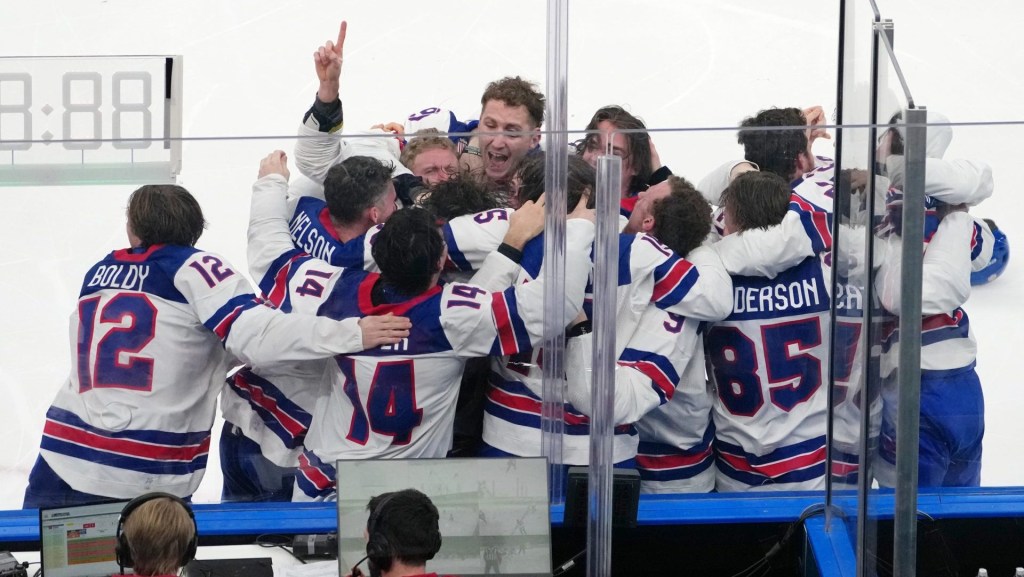
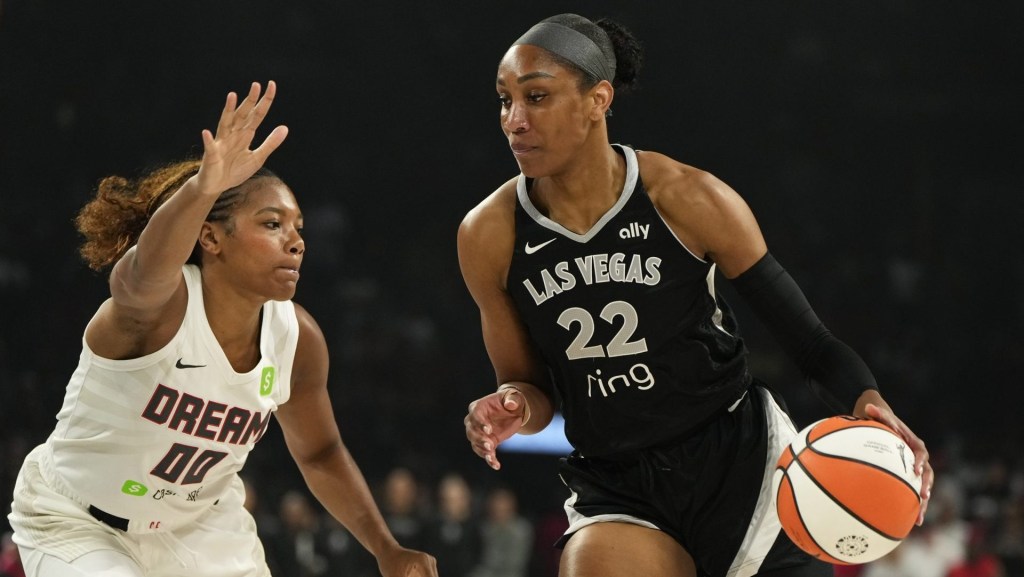
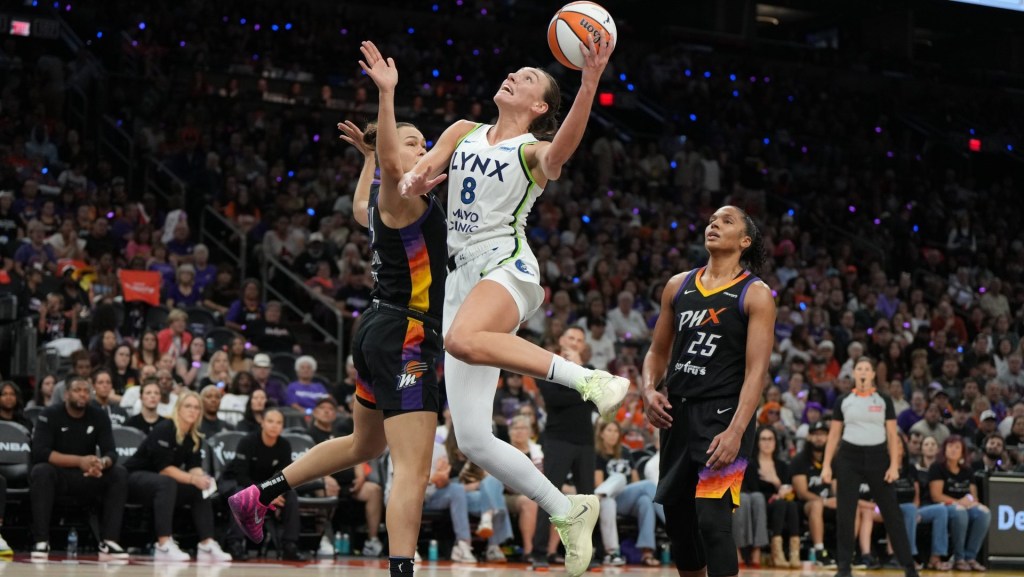
![[Subscription Customers Only] Jul 13, 2025; East Rutherford, New Jersey, USA; Chelsea FC midfielder Cole Palmer (10) celebrates winning the final of the 2025 FIFA Club World Cup at MetLife Stadium](https://frontofficesports.com/wp-content/uploads/2026/02/USATSI_26636703-scaled-e1770932227605.jpg?quality=100&w=1024)








